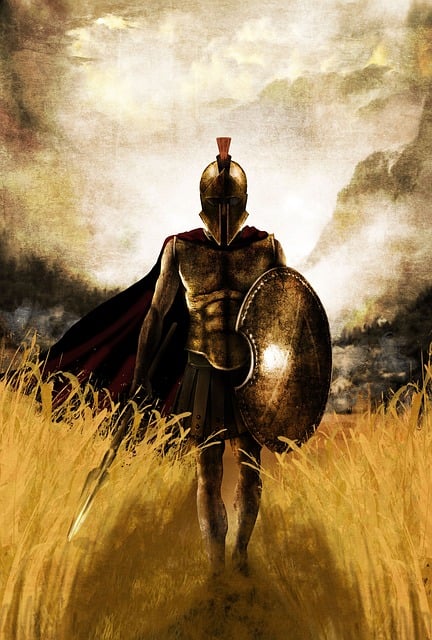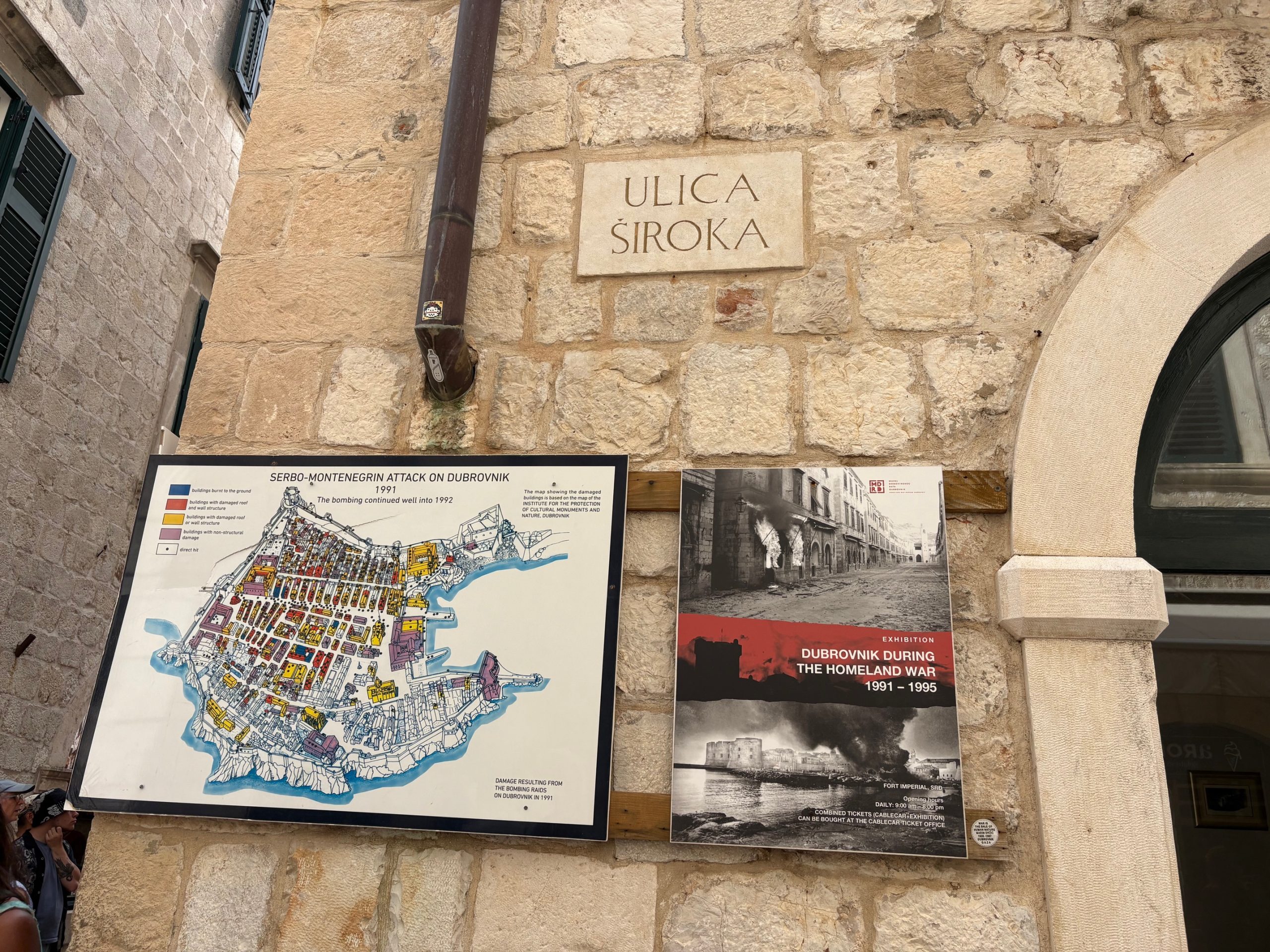Can the Middle East really take the rise of a ‘super Sparta’?

Image: Dejan Krivokapic, Pixabay
You didn’t need to have read Thucydides or Plutarch for a chill to go down your spine when Israel’s prime minister Benjamin Netanyahu promised his country would become a “super Sparta” of the Middle East.
Preparing his people for a time of growing isolation – economic and political – and greater hardship – emotional and physical – Mr Netanyahu offered Israel a grim look at its proposed future. An even more heavily militarised society. A pariah state, but martial and don’t-mess-with-me; presumably quick to avenge slights (real or imagined) and to neutralise any and all threats (ditto).
Mr Netanyahu’s Sparta speech was followed by the ground invasion of Gaza City, which Israel had promised some time before. Experts said at the time that it was a meaningless military operation because no effort was made to create checkpoints on the road from Gaza City to al-Mawasi. This basically meant that the very Hamas operatives the Israeli army was allegedly invading Gaza City to apprehend could just disappear down the road.
Even so, the operation would accomplish one thing: Gaza would become uninhabitable and Israel would look tough.
Like Sparta.
What might that mean?
Well, the prominent city state, which became the dominant military land-power in ancient Greece around 650 BC, is best known for its militaristic society, patriotism, courage and austerity. The Spartans were the gym rats of their day, their laws and customs focussed on physical training and development.
The majority population of Sparta was helots, state-owned enslaved non-Spartan locals. Treated very poorly, they were often in revolt, which meant Spartan society was often at war both at home and abroad.
Spartan women supported the national militaristic effort heart and soul. Plutarch gave us a now oft-quoted phrase associated with Spartan women: “Come back with your shield, or on it”. It meant that a soldier was expected to return home either victorious, ie with his shield, or dead, carried on his shield. Retreat was not an option in battle. Honour would not bear it.
This is the harsh culture and mindset that Mr Netanyahu is asking Israel to adopt in the 21st century.
And another thing: Sparta was not a democracy but an oligarchy with a few democratic elements. It was constantly in opposition to democratic Athens.
So, in picking Sparta as its model, was Israel’s prime minister sending another more subtle message too?





